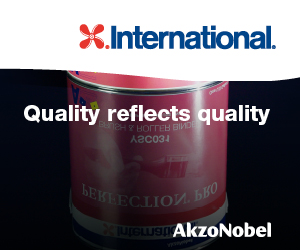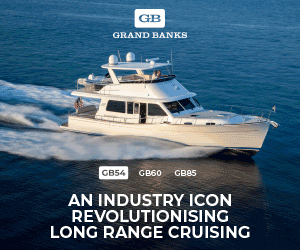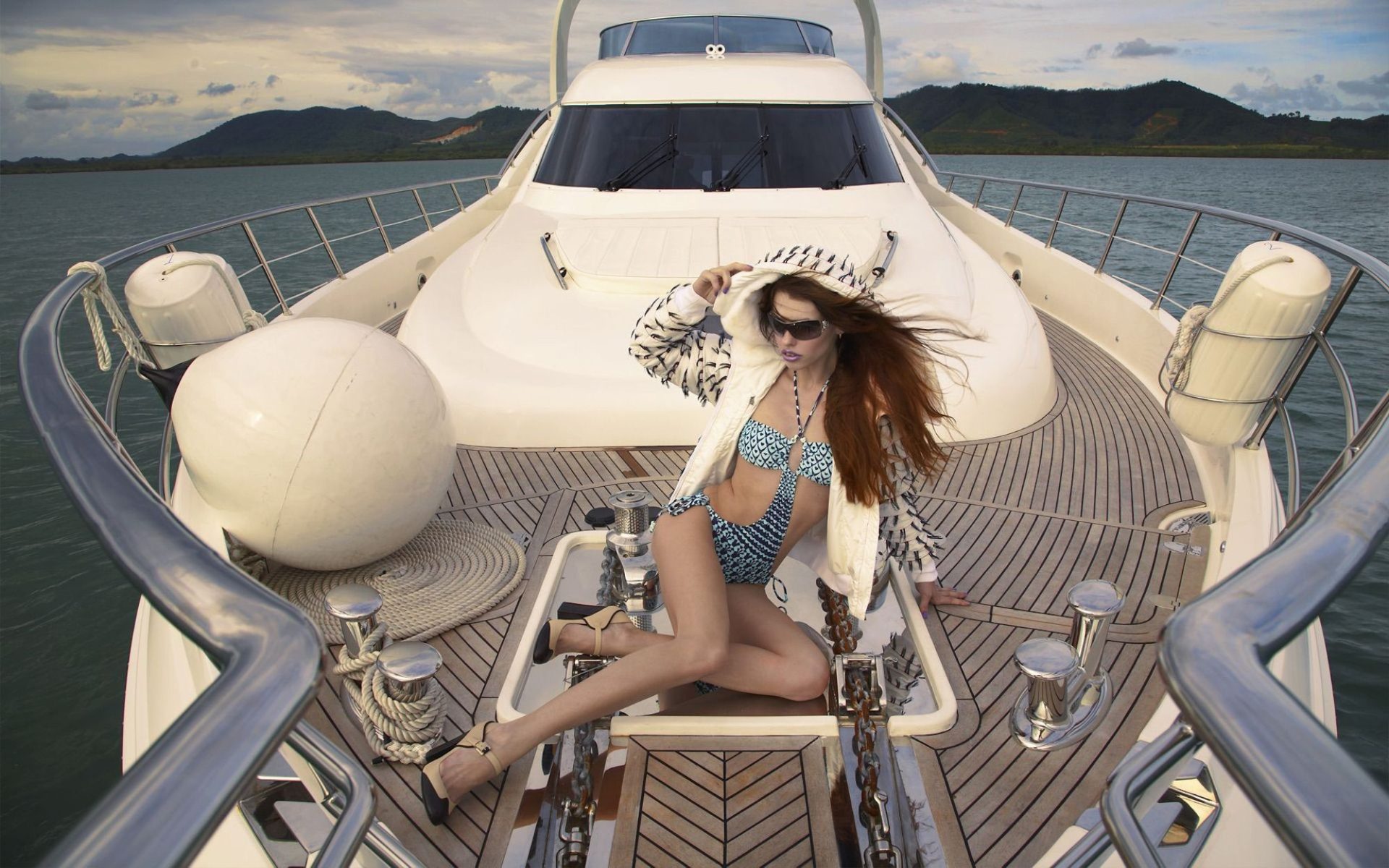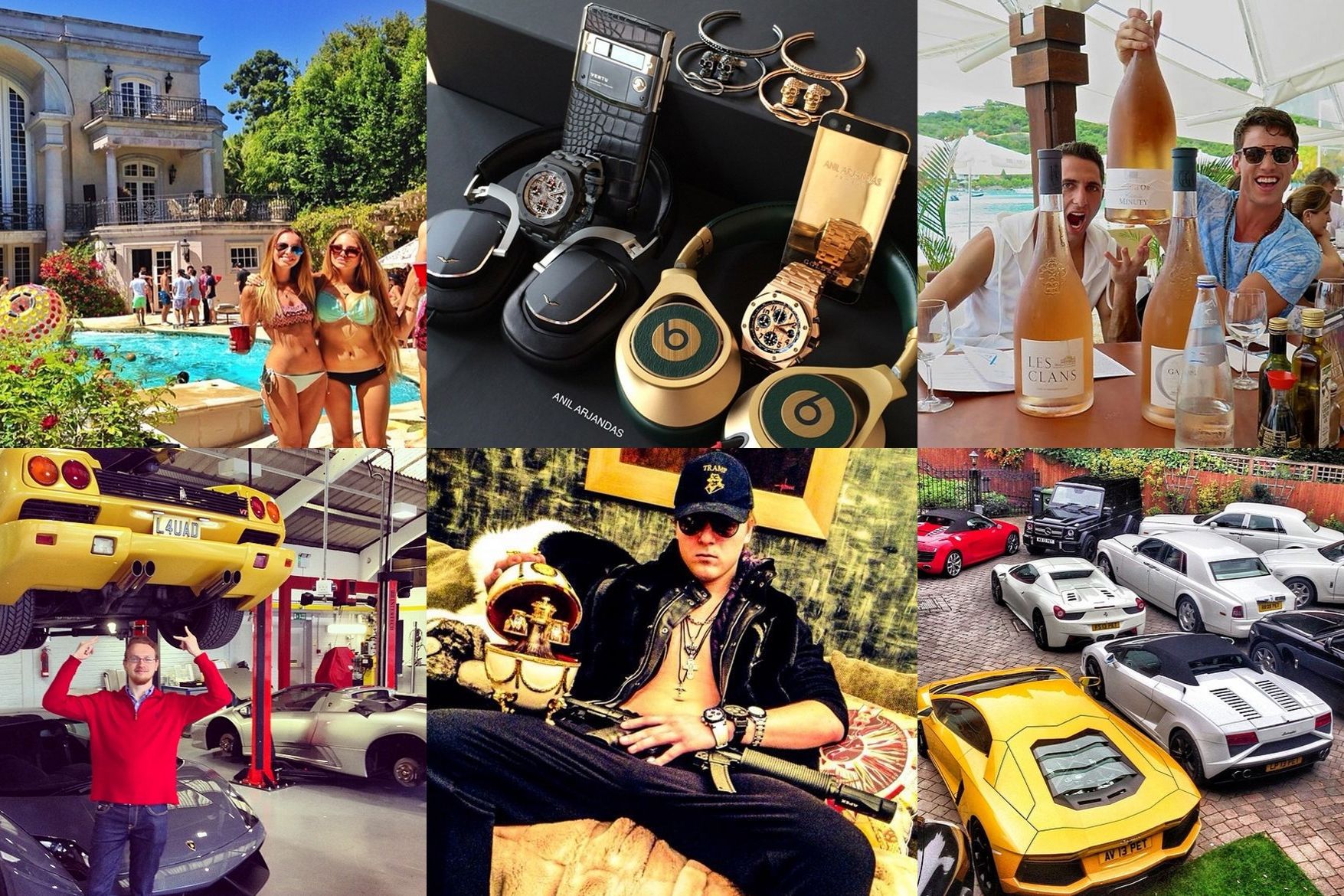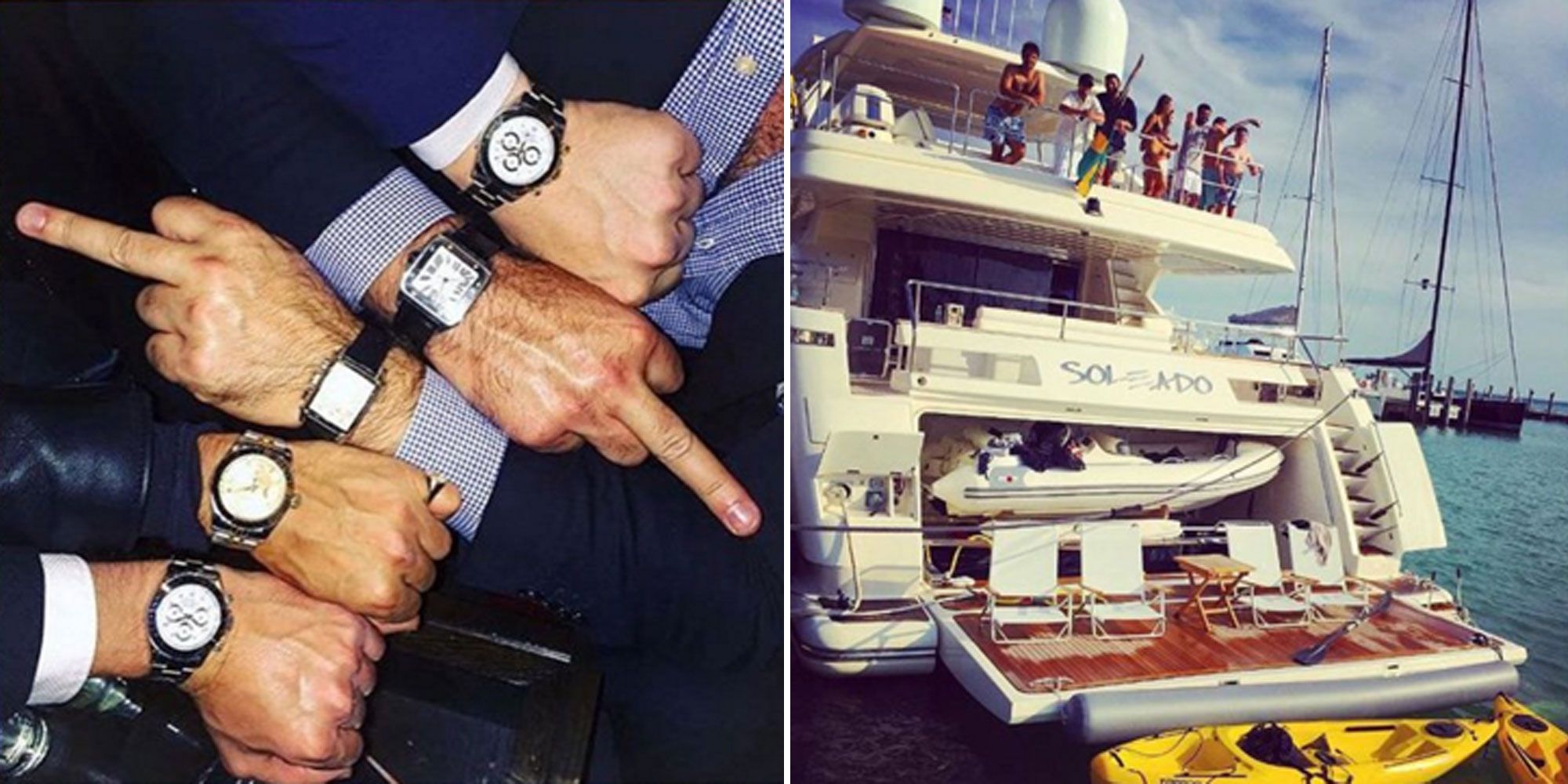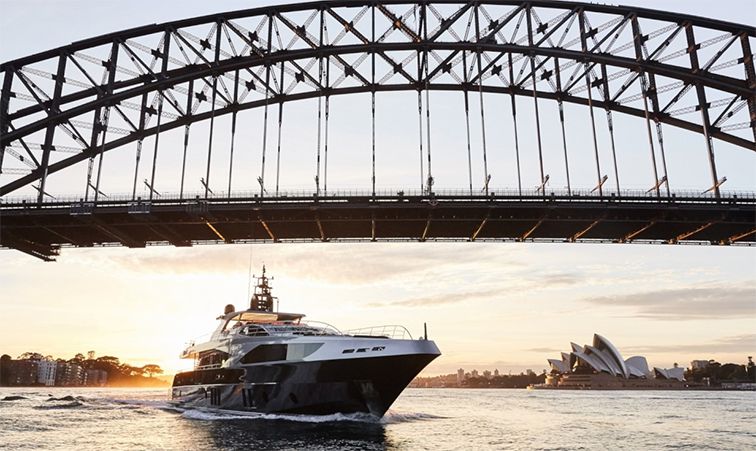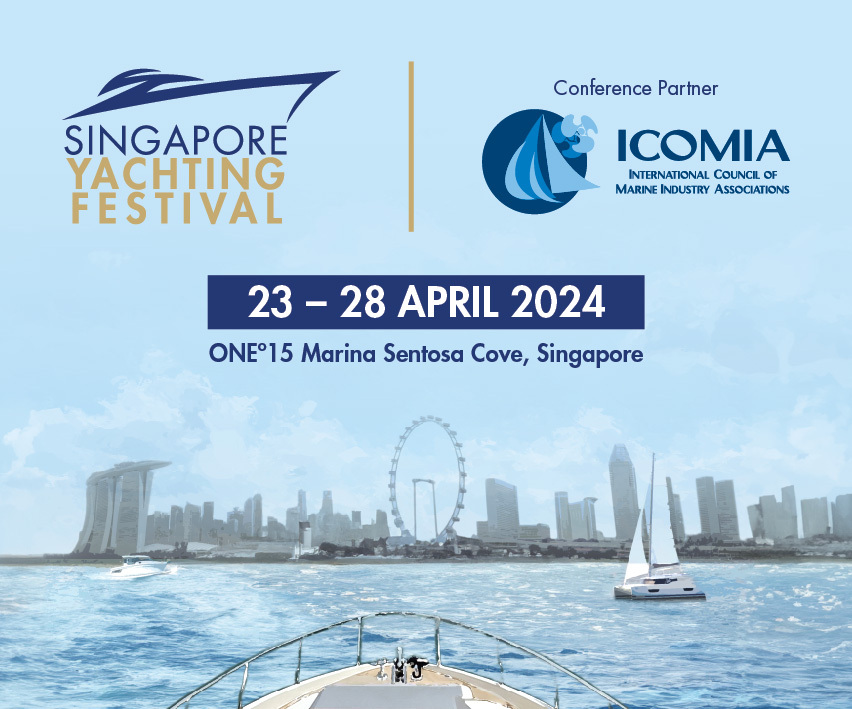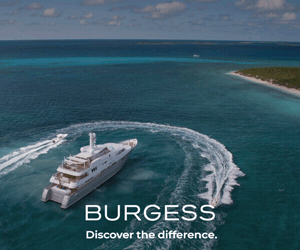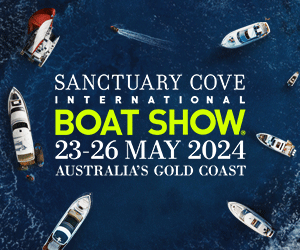Millennials create new paradigm
Eschewing the bonds of ownership for a plethora of experiences, high net worth Millennials (once known as Gen Y) are changing the way brands do business. And that's great news for boats!
Written by Jeni Bone
Photography by Jeff Brown
11 April 2017
Members of the digital generation, known as Gen Y or millennials, crave experiences not possessions and rely on their multitude of friends, both physical and virtual. This has forced a paradigm shift in how boats and other luxury goods are positioned, pitched and promoted.
The number of millennials – those who belong in the first truly digital generation, born between 1980 and 2000, and previously known as Gen Y – has now officially overtaken that of the baby boomers, and the cohort is ready to move into its prime spending years. Millennials are poised to reshape the economy, forcing companies to examine how they do business for decades to come.
Aged between 16 and 34 years old, millennials have grown up, moved into careers, had kids of their own and indulged in all the consumption they can muster, but in entirely different ways from their forebears. And while millennials present a huge market opportunity, they’re also an enigma, according to demographers, social commentators and boat builders quick to seize on the new challenges and opportunities this presents.
As savvy digital users with high expectations of brands and low regard for advertising, this generation requires different tactics from the businesses that seek to engage with them.
“Gen Y lives by a different set of values,” explained KPMG demographer Bernard Salt.
“Possessions don’t excite them, unless it’s their phones and devices. They are less likely to drive cars and own a house. The cost is one thing, but they don’t want to be tied down by mortgage. They are highly educated, very connected, use every platform and they’re entrepreneurial and global in their thinking.
“The mark of their generation is they are very well travelled. They were the first generation to go overseas with their parents, developing a taste for the exotic. They travelled as students, thanks to cheap airfares, as backpackers, and now Airbnb. It has become somewhat of a competition.
“They derive social cachet from showing their experiences online and on social media, showing that they’re free spirited. They use it to inspire jealousy and aspiration in others; that is the end game in many cases.”
According to Salt, this bunch is less inclined to make big-purchase decisions: “Marriage, children and mortgages are all pushed back into their 30s. They may still aspire to it, but just not yet and not if it comes with responsibility. Their core friendship group is central to their life for about 10 years. Friends are their family, and their loyalty and experiential connections are with friends.
“With every facet of their lives, they will ‘Uber’ it, outsourcing the commitment in an efficient way, hence the demise of the car and boat.”
They are driven by FOMO (fear of missing out), want no strings attached and every experience has to be hashtagged and posted on social media. But fear not, the traditional model of boating experience might not be on the millennials’ radar but the product still intensely alluring.
“Boating is ideal as a top-shelf experience that can be shared with their friendship group, then posted to social media,” said Salt. “Spending a day or a week on a yacht adds to their kudos and contributes to their life experience and social capital. ‘I spent NYE on Sydney Harbour on a AU$50 million yacht – see!’”
Yachting and boating are ideally placed for millennials who are seeking exotic locations and exquisite, five-star activities; all the high-tech gadgets, toys and bespoke itineraries, menus and more.
“If your brand embodies faith, freedom, leisure, symbols of success and free spiritedness, you will appeal,” said Salt. “Especially in Australia, which is clean, safe and beautiful. The boating product will weather any generational shift for decades to come, but the industry needs to adapt to the market, rather than whinging that it has changed.”
But in the boating arena, if you have built your business model on the premise of ownership, then you may be wrong-footed by the next generation. Hence, the rise of syndication, charter and boat clubs.
“The next generation will reimagine the world of yachting and boating, reinterpreting it and forcing it to conform to their values,” advised Salt.
“Those businesses who don’t adapt to suit this new appetite can cling to older clients but will miss out on the opportunities of the future. We will move in to the 2020s and 2030s and a new generation will reimagine the constructs again. The quality you need is flexibility, agility and to not to be threatened by change; like any sector.”
Millennials are loyal to their friendships, technology, hot issues like same-sex marriage, the environment and domestic violence, so products need to pitch to those sentiments.
“Millennials want experiences that show insight to their lives and project a curated persona: ‘This is my fabulous life!’ They want brands that are transparent and display their bona fides touching on the issues. Millennials have a fixation with Apple; it has a sanctity about it. Brands would do well to tap into those and connect with their tribe. I reckon the value of boating would diminish significantly if they couldn’t offer wi-fi. Remember, it didn’t happen if it wasn’t posted on social media!”
Salt foresees Millennials may mellow as they move into their 40s, and may start lumbering themselves with the responsibilities of their parents. “Once they have their own families, later in life, they will accept the family experience. They can’t be Peter Pan forever. You can’t have 20 best friends forever. We are at ‘peak friend’ in the mid to late 30s. Soon they will move on to other priorities and, no doubt, the product offered will be as alluring in 2027 as it is now. Boating delivers valuable family time in all its forms.”
Erwin Bamps, CEO of Emirates-based shipyard Gulf Craft, recently said the world’s superyacht manufacturers are sailing towards a major disruption of their traditional business model as the next generation of ultra-high-net-worth individuals with an appetite for premium experiences shrugs off the responsibilities that come with ownership.
“These are people who have never owned a record collection – or even a CD collection – music and movies are something they download or stream online. Where they step beyond that, it is because they want something extra. So while CD and DVD sales have fallen, live music and cinemas continue to thrive as a premium experience,” explained Bamps. “It’s the experience that matters, not the physical item that creates the experience. They will still want the use of superyachts, but will be far less interested in owning the asset.”
In fact, they will see ownership as a restriction, he said: “We are going to see a time when the traditional idea of yacht ownership starts to follow the same path as car sharing services; more convenient than a traditional taxi, and a real alternative to owning a car. The same principle will easily apply to luxury yachts. Imagine a global, technology-driven service that delivers the yacht you want, at the location you want, at the time you want, and can arrange a private jet to fly you there.”
“Technology is going to drive this change,” he continued. “We are going to see some very complex charter networks evolve to cater for this market, making sure customers get exactly what they want. From the business side, there will need to be some very complex mathematics in the background, analysing charter patterns in terms of yacht design, preferred destinations, which toys people want and so on, and then constantly moving the craft around the world based on predictions of demand.”
Captain Richard Morris at Australian Superyachts has seen the shift first hand.
“For that sector, it’s a matter of creating a product to suit them. They want instant gratification and charter is perfect. They love celebrating any occasion on a superyacht. And they are exuberant and effusive in their appreciation for a great experience. We love it!”
As Morris observed: “You only have to search #ghost2 to see their appetite for fun!” There they are in full colour, slurping Cristal, posing and boogying with abandon, the Harbour Bridge and other landmarks captured in their shots.
For the extreme, a search result for “Richkidsofinstagram” is a veritable smorgasbord of millennial excess, cavorting around the world on chartered jets, choppers, yachts, sportscars, mansions – furs, caviar, exotic pets and pugs are de rigeur.
“There are huge challenges ahead, but also huge opportunities for those companies that find the right balance in the evolving market,” said Bamps. “However, business as usual will definitely not be good enough.”
New blood at Azimut Benetti


